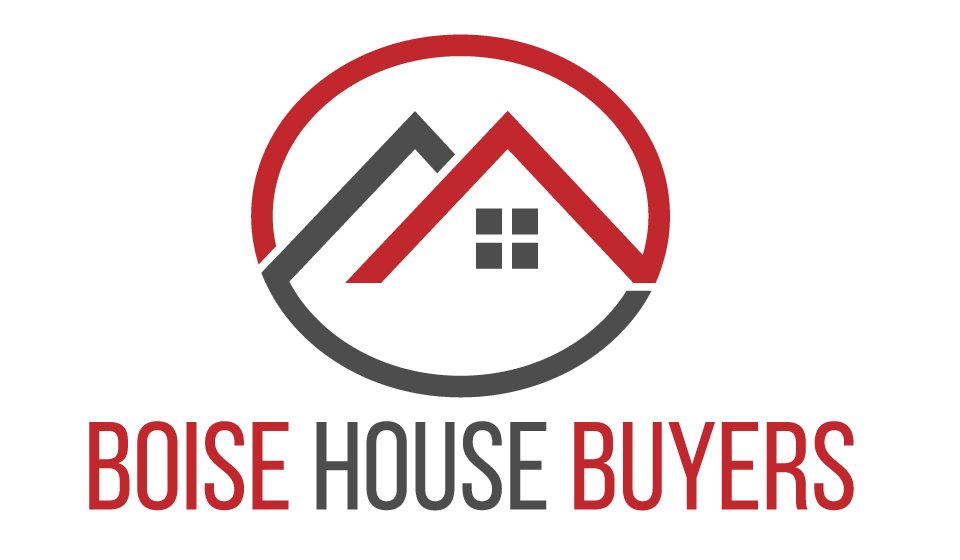Broadly speaking, a home sale has two major phases. The first phase consists of marketing, courting customers and then receiving an offer. The second phase includes the many different things that emerge after receiving you and then accepting an offer. Really, it’s after you accept an offer that the bulk of the job starts, reassuring the buyer that nothing is wrong with your house and getting the funding in order. So here are the main elements of what vendors Kuna should expect after an offer has been accepted.
The Inspection
Typically, after accepting an offer in Kuna, one of the first stuff that happens is Inspection. Although an inspection is not always needed, it is highly suggested for buyers to find out your property’s real condition. And if the inspection does turn up any issues, you will likely have to negotiate further with the buyer.
The buyer or his agent will most of the time hire the inspector and pay for the inspection. The entire method can take several days, from initiation to completion. While you are waiting, it is advisable to go with a fine-toothed comb over your home and then rectify any issues you may encounter before inspecting the buyer. Many real estate pros advise you to have your own inspection done before that, so the inspection of the buyer doesn’t come up with any surprises.

Here’s what to expect if any issues are revealed by the inspection. Buyers “may ask you as part of the agreement to make the repairs. Or they might ask for a buy cost decrease because they will have to repair later”. If they decide that they don’t want to cope with the issues at all, they may even take advantage of the contingency of inspection and leave the agreement.
These negotiations can be difficult, requiring skill and experience to avoid the last chance. Do not hesitate to use your agent for the highest results.
The Appraisal
Usually the next significant step after accepting an offer is the assessment. The lender of the buyer will require a funding assessment to be finished and the agreement to be finished. The concept is to ensure that the value assessed is at least equivalent to the purchase cost as a mortgage lender will not lend more than the property is worth, i.e. above fair market value. Problems occur when the valued value in the accepted offer drops below the purchase price.
The customer can then negotiate with you for a reduced cost or request repairs and upgrades to boost the value of the property. If the sales contract includes a contingency of appraisal (which is often the case), the purchaser can retire completely from the deal–without any effects.
Sellers have the choice of fighting a small assessment and trying to get the figures to where they should be. You can get advice from your local officer on how to proceed here.
The Financing Wait
If the inspection and assessment go off without any issues, then after accepting an offer in Kuna, you will proceed to the next usual step. And this step, as the vendor, includes mostly waiting. Just because you’ve received and accepted an offer, it doesn’t imply the sale is a finished deal and you’re actually going to close. The purchaser still needs to obtain funding.
If a mortgage has been pre-approved by the buyer, then it is simply a matter of waiting for the loan to be processed. However, the customer may not receive the necessary mortgage loan without pre-approval. If that occurs, you can either or both rely on the contingency of funding. “If the buyer fails to obtain financing during this window, using the financing contingency you can get back out of the deal. “Buyers” can also use this contingency if they can not obtain a satisfactory loan.”
Closing and Paperwork
Finally, if all of the above goes well, the method of house selling Kuna will reach the final phase after accepting an offer – closing. Even though at this stage you may be willing to breathe a sigh of relief, you still need to get through a mountain of documentation and legal papers. But the good news, according to real estate experts, “is that you may not have to attend the actual closing and may often pre-sign all the documents necessary to transfer ownership of your home.”
The typical documents to be produced and signed at the closing include:
- HUD-1 Settlement Statement
- Certificate of title
- Deed
- Loan payoff (if you have a mortgage)
- Bill of sale
- Statement of closing costs
- Statement of information
Closing is complete when:
- You and the buyer have signed all the requisite documents;
- The balance of your mortgage is paid off (usually by the sale proceeds); and
- All the parties involved in closing (such as the real estate attorney and title company) have been paid.
Upon completion of all these tasks, your property is transferred to the buyer.
The Value of an Agent
Therefore, as you can see, after accepting an offer in Kuna, a lot occurs both before and during closing. Perhaps the best way to guarantee that the method runs smoothly is to work closely with a skilled local real estate agent to navigate it effectively. From accepted offer to and through closing, our agents can get you.
